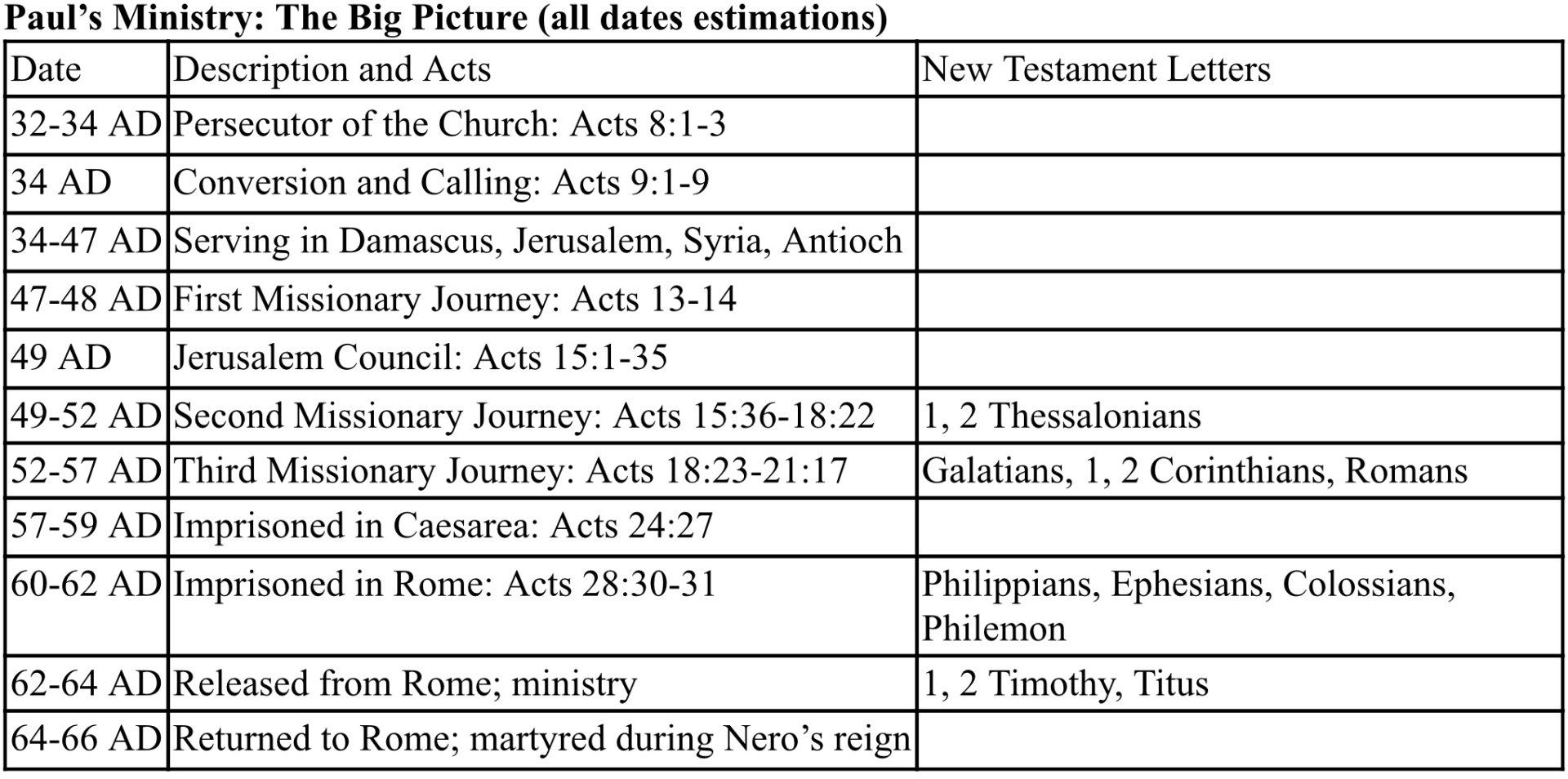Romans Study Guide

Study Guides by Week
08/26/18: Week 1
Romans 1:1-17
09/02/18: Week 2
Romans 1:18-23
09/09/18: Week 3
Romans 1:24-32
09/16/18: Week 4
Romans 2:1-16
09/23/18: Week 5
Romans 2:17-3:8
09/30/18: Week 6
Romans 3:9-20
10/07/18: Week 7
Romans 3:21-31
10/14/18: Week 8
Romans 4:1-25
10/21/18: Week 9
Romans 5:1-11
10/28/18: Week 10
Romans 5:12-21
Study Guide version 2
Study Guide PDF version 1
11/04/18: Week 11
Romans 6:1-14
11/11/18: Week 12
Romans 6:15-23
01/13/19: Week 13
Romans 7:1-25
01/20/19: Week 14
Romans 8:1-17
01/27/19: Week 15
Romans 8:18-27
02/03/19: Week 16
Romans 8:28-39
02/10/19: Week 17
Romans 9:1-33
02/17/19: Week 18
Romans 10:1-21
02/24/19: Week 19
Romans 11:1-36
03/03/19: Week 20
Romans 12:1-8
03/10/19: Week 21
Romans 12:9-21
03/17/19: Week 22
Romans 13:1-14
03/24/19: Week 23
Romans 14:1-23
03/31/19: Week 24
Romans 15:1-13
04/07/19: Week 25
Romans 15:14-33
04/14/19: Week 26
Romans Overview
Study Guide Archive

Author: The Apostle Paul is the author of Romans. During his third missionary journey (ca. 52-57 AD: Acts 18:23-21:17), Paul wrote Galatians, 1, 2 Corinthians, and Romans (ca. 55-57 AD).
Date: The book of Romans was written ca. 55-57 AD.
Paul’s Ministry: The Big Picture

Theme: The gospel is good. It’s the primary thought/truth that connects the other main ideas of the book. The gospel (good news) message is that Jesus died in our place (substitute) as a penalty for our sins (we are spiritually separated from God and deserve judgment). By placing our trust in Jesus’ death for us, we can be forgiven and reconciled to God. A brief summary of Romans:
• The Gospel and Evangelism (1:1-1:17)
• The Gospel and Sin (1:18-3:20)
• The Gospel and Salvation (3:21-5:21)
• The Gospel and Sanctification (6:1-8:39)
• The Gospel and the Jews/Gentiles (9:1-11:36)
• The Gospel and Community (12:1-15:13)
• The Gospel and Ministry (15:14-16:27)
Discipleship and PLATES:
One of Pathway’s objectives is to make disciples through our Life Group Ministry. One aspect of our disciple-making includes the study of God’s Word. To this end, LGs follow the sermon for their weekly or bi-monthly study.
Because we believe that LGs provide the best environment for discipleship, it’s important for us to understand the Pathway’s vision for discipleship. Our path for discipleship can be summarized with the acrostic PLATES. Each letter stands for a characteristic of discipleship.
• Proclaim the gospel
• Life Together
• Align our wills with God, Ask God, (Prayer)
• Teaching ministry of the Scriptures
• Exalt God
• Serve others
1. Proclaim the gospel: Christ-followers are called to share the gospel (good news) with family and friends. We need to share our faith because the gospel “is the power of God for salvation for everyone who believes.” (Romans 1:16) The gospel is not only necessary for those who don’t know the Lord, but it’s also essential for Christians to experience grace and forgiveness on a consistent basis.
2. Life Together: Pathway seeks to connect people to Christian community: Life Groups, Interest Groups, Fellowship Groups, and Encouragement (one-on-one). Pathway prioritizes Life Groups for disciple-making because it encourages community, Word, worship, prayer, and outreach.
3. Aligning/Asking (Prayer): Aligning our will with God’s plan through listening, struggling, confessing, repenting, submitting, and embracing—all elements of our prayer life. Prayer is also asking (seeking, knocking). It’s more than making requests of God but includes pursuing intimacy and God’s heart. Pathway identifies five areas for developing our prayer life including personal life, family, Life Groups and Fellowship Groups, Worship Services, weekly prayer meetings.
4. Teaching ministry of God’s Word: Christians must be people of the Word. Using Scriptures, we ask for the Spirit to enlighten, teach, convict, and transform us. There are several ways to get God’s Word into our souls including spiritually feeding ourselves, preparing for the sermons, online resources, and completing equipping courses with Pathway’s academy (weeknight course in the fall and spring).
5. Exalt: When we gather together as the Body of Christ, we worship God (Word, worship, prayer), encourage one another to be vulnerable to the Spirit’s movement, and edify one another. We seek to exalt God in our everyday life.
6. Serve: God has blessed every Christ-follower with natural skills and spiritual gifts to build up one another. At Pathway, we want everyone to identify their spiritual gifts in order to effectively serve others inside and outside the church community. It’s important for Christians to reach out beyond their church walls.
In short, we want to encourage Christians to pursue Christ-likeness by practicing PLATES. Because of its significance, we will mention PLATES several times throughout the study guide.
Commentaries
James Montgomery Boice, Romans, vol 1-2 (Baker Book House, 1991, 1992)
F. F. Bruce, Romans, revised (Wm B. Eerdmans Publishing, 1985)
C. E. B. Cranfield, Romans: A Shorter Commentary (T & T Clark 1985)
Colin G. Kruse, Paul’s Letter to the Romans (Wm B. Eerdmans Publishing, 2012)
R. Kent Hughes, Romans (Crossway, 1991)
Richard N. Longenecker, The Epistle to the Romans (Wm B. Eerdmans Publishing, 2017)
Douglas J. Moo, The Epistle to the Romans (Wm B. Eerdmans Publishing, 1996)
John Murray, The Epistle to the Romans (Wm B. Eerdmans Publishing, 1968)
Grant Osborne, Romans (InterVarsity Press, 2004)
Thomas R. Schreiner, Romans (Baker Academic, 1998)
John Stott, The Message of Romans (Inter-Varsity Press, 1994)
